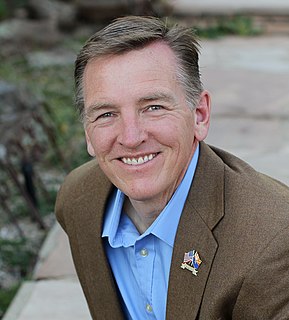A Quote by John Morgridge
It's the community that helps form our moral compass. It's those attitudes that I've remembered through my entire lifetime.
Quote Topics
Related Quotes
The foundation of leadership is your own moral compass. I think the best quality leaders really know where their moral compass is. They get it out when they are making decisions. It's their guide. But not only do you have to have a moral compass and take it out of your pocket, it has to have a true north.
If animals are no longer quite outside the moral sphere, they are still in a special section near the outer rim. Their interests are allowed to count only when they do not clash with human interests. If there is a clash - even a clash between a lifetime of suffering for a nonhuman animal and the gastronomic preference of a human being - the interests of the nonhuman are disregarded. The moral attitudes of the past are too deeply embedded in our thought and our practices to be upset by a mere change in our knowledge of ourselves and of other animals.
[Madness] is the jail we could all end up in. And we know it. And watch our step. For a lifetime. We behave. A fantastic and entire system of social control, by the threat of example as effective over the general population as detention centers in dictatorships, the image of the madhouse floats through every mind for the course of its lifetime.
For the moral attitudes of a people that is supported by religion need always aim at preserving and promoting the sanity and vitality of the community and its individuals, since otherwise this community is bound to perish. A people that were to honour falsehood, defamation, fraud, and murder would be unable, indeed, to subsist for very long.
Theoretically, you can make, obviously, a powerful argument that centuries of slavery, Jim Crow, discrimination are the primary cause for all those gaps. That those were wrongs done to the black community as a whole, and black families specifically, and that in order to close that gap, a society has a moral obligation to make a large, aggressive investment, even if it's not in the form of individual reparations checks, but in the form of a Marshall Plan, in order to close those gaps. It is easy to make that theoretical argument.
Our knowledge and our ability to handle our problems progress through the open conflict of ideas, through the tests of phenomenological adequacy, inner consistency, and practical-moral consequences. Reason may err, but it can be moral. If we must err, let it be on the side of our creativity, our freedom, our betterment.
Many of the rites of passage, those rituals of growing up found in our society, are in the form of such comic, practical joking affairs--which we ignore in the belief that they possess no deeper significance. Yet it is precisely in their being regarded as unimportant that they take on importance. For in them we ritualize and dramatize attitudes which contradict and often embarrass the sacred values which we proclaim through our solemn ceremonies and rituals of nationhood.

































